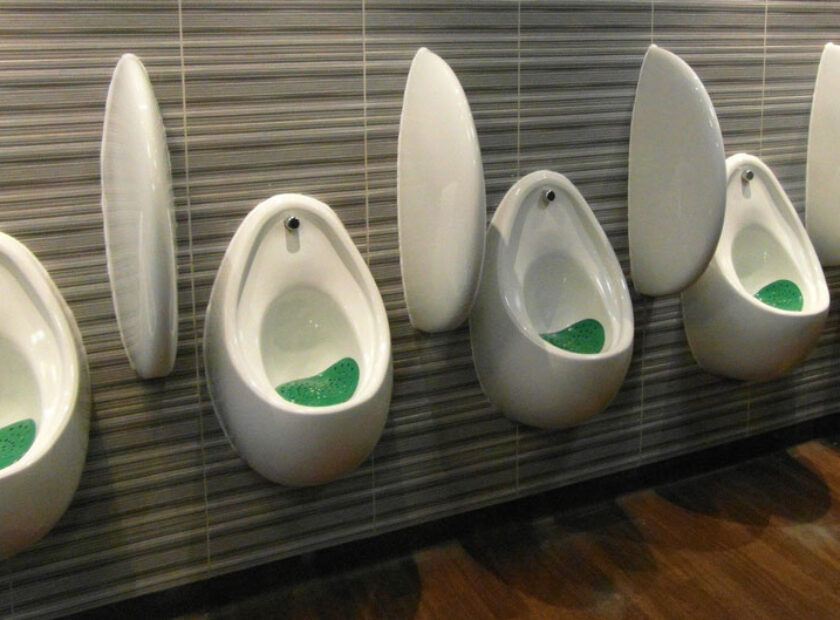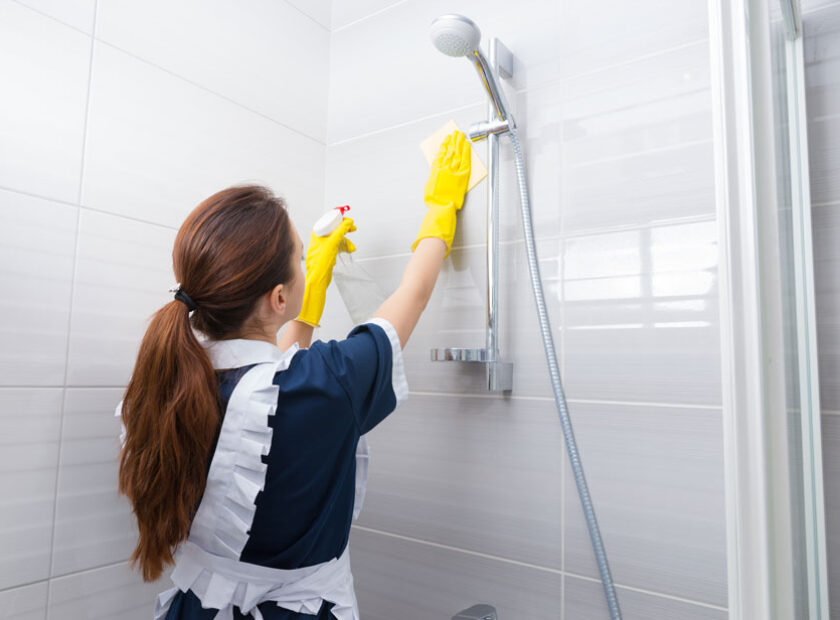But what if we tell you that we have the SECRET to a clean and hygienic kitchen?
Diversey, through its Prosumer Solutions range, has introduced Sumabrite, a comprehensive solution of Kitchen Care products that are designed for the demanding needs of an Indian kitchen.
Now, let’s get to the best kitchen cleaning practices that will help you maintain the hygiene of your overall kitchen.
Oven, Fryer, Hobs
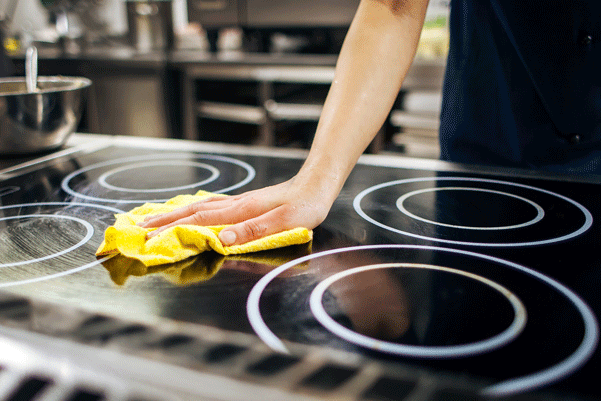
To avoid the build of grease and dirt, any spillage should be cleaned using a dedicated degreaser that minimizes your efforts, giving the expected result at the same time. Continuous burning of leftover particles that build up inside the appliance results in changed taste, bad smell in your premise, reduces the efficiency & life of your appliance, and can even be a fire hazard if the build-up is too large over time.
The oven’s interior should be cleaned using an oven cleaner once a week. The same considerations apply to operations of kitchens in commercial catering.
Do you often struggle with cleaning your equipment including your ovens, grills, fryers, hot plates? Check out our Grill and Oven Cleaner, made especially for removing heavy carbonaceous and baked-on deposits.
Refrigerator
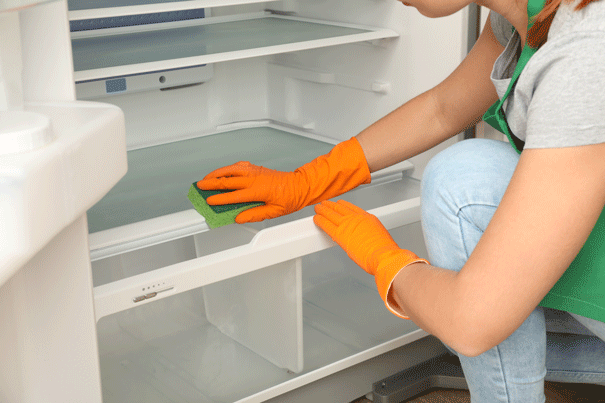
Between shifts, wipe and sanitize the interiors of your refrigerators, and deep clean them once a week. Food safety depends a lot on how it’s been stored, hence, your fridge’s working condition should always be checked & cleaned.
Glassware, Dishwasher, Cutlery
Clean your dishwasher every once a week to ensure it gives the best results. And, for your cutlery and glassware, use a specialized dishwash liquid detergent to give them an enhanced cleaning free of food stains and grease.
Floors

The floor should be cleaned using a floor cleaner for any spillage or greasy deposits. Moreover, as a part of thorough cleaning, the floor should be mopped and cleaned with a disinfectant floor cleaner. Also, the countertops and surfaces used for food preparation should also be wiped regularly.
Who doesn’t love a clean and bright surface? From marble to granite, our Multipurpose Cleaning Concentrate Liquid & All Rounder are life-changing one-stop professional cleaning solutions to get grease-free, grime-free, and stain-free floors. Do check them out.
Hand Hygiene
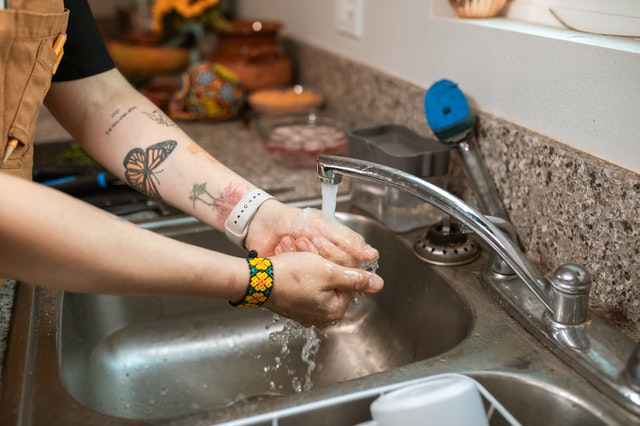
Alcohol-based hand sanitizer should be made available for the staff at easy to access points. Furthermore, the sink and tap should be sanitized using a cleaner at the end of every shift. Cleaning of the kitchen’s soap dispensers should also be regular because the staff uses it the most and are themselves the likely source of contamination.
Apart from the best practices to keep your kitchen’s cooking equipment clean and sanitized, we have curated a list of additional do’s and don’ts to summarize the kitchen cleaning practices for your better understanding!
Here are some of the Do’s and Don’ts:
Dos for Kitchen Cleaning Practices:
- Frequent inspection of the kitchen & dining area
- Regular cleaning of surfaces that come in contact with food
- Over, Fryers & Stove must be cleaned after every shift
- Sanitization of bars, tabletops, chairs twice daily
- Regular sanitization of preparation area
- Switch and clean the cutting boards
- Proper ventilation for safety of customer & staff
- Staff should always wear headgear & hand gloves when handling food
- Hairnets, hats, or scarves should be important to avoid hair fall
- Uniforms should be regularly washed and cleaned
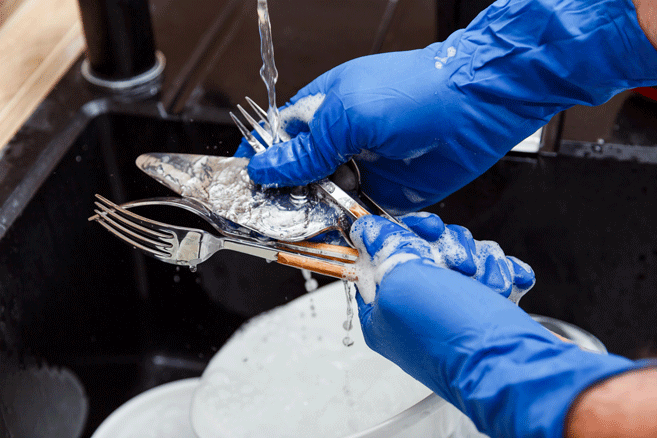
Don’ts for Kitchen Cleaning Practices:
- Items including housekeeping chemicals, mops, sanitizer, detergent, wipes, etc. shouldn’t be kept in close contact with food
- No dishwashing without wearing rubber gloves
- Chefs should avoid wearing necklaces, rings, bracelets, etc
- Bare hand contact with ready to eat food items to be strictly avoided
Following these practices will not only help in maximizing food safety, but also protect your brand, but will also help in smooth and seamless restaurant operations. Make these practices a part of your routine and excel in kitchen cleaning.
Do you own a restaurant that regularly needs a professional cleaning?
Explore Diversey’s Sumabrite kitchen-care portfolio for hassle-free, safe, and affordable kitchen cleaning.




